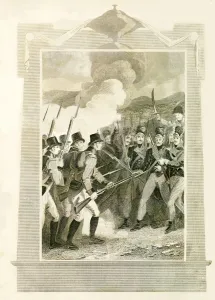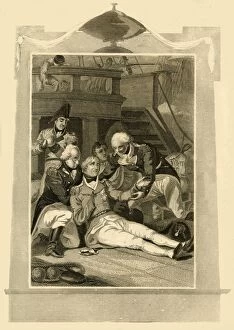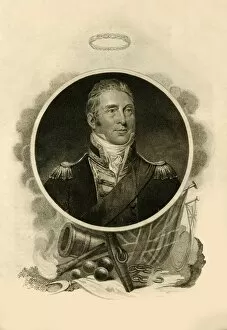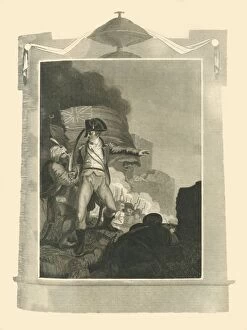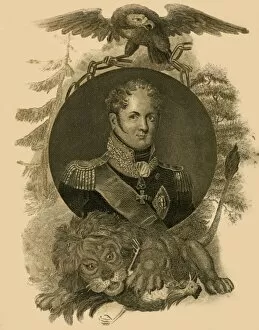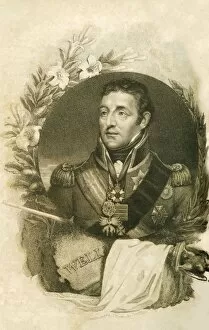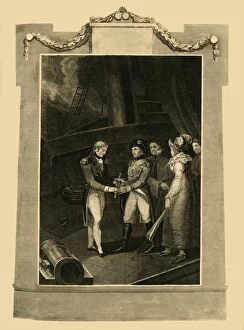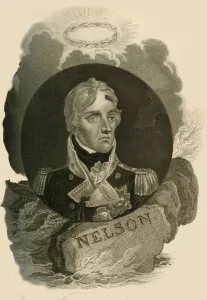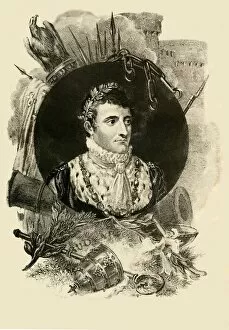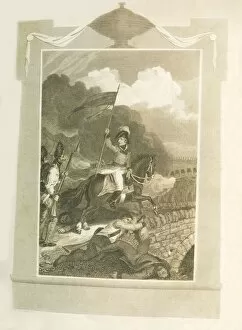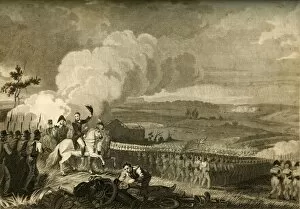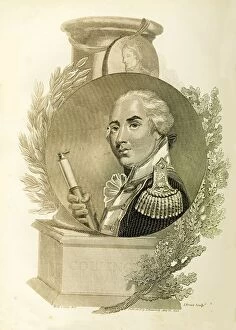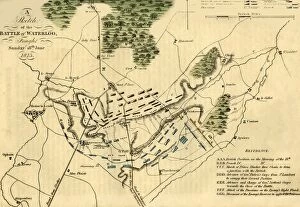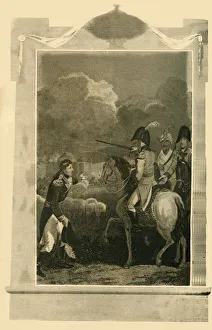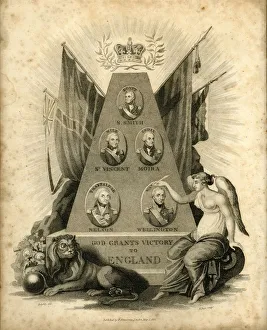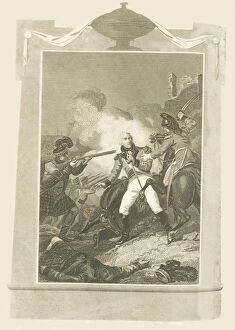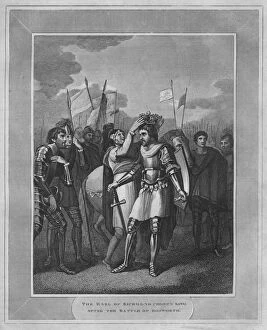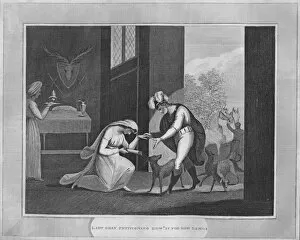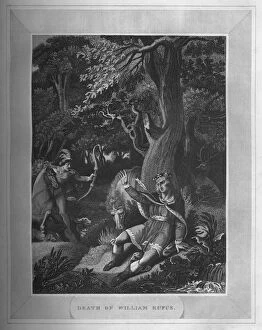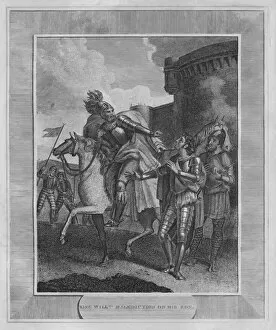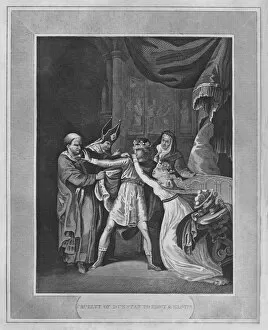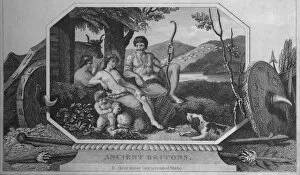Hewson Collection
"Hewson: A Glimpse into the Heroic Moments of British History" Step back in time to witness the valor and bravery of Hewson
All Professionally Made to Order for Quick Shipping
"Hewson: A Glimpse into the Heroic Moments of British History" Step back in time to witness the valor and bravery of Hewson, a name synonymous with courage and resilience. From the Battle of Maida in 1806 to Lord Nelson's fateful encounter at Trafalgar in 1805, these historical events shaped Hewson's legacy. In 1816, amidst the chaos of war, Admiral Lord Nelson found himself mortally wounded on board the Victory. His sacrifice would forever be etched into history as a symbol of unwavering determination. Another remarkable feat was witnessed when Lord Exmouth's fleet bombarded Algiers in 1816. The sheer might and precision displayed by this British force left an indelible mark on both friend and foe alike. The assassination of General Kleber during his campaign in Egypt further exemplified Hewson's commitment to duty. In this momentous event from 1800, unknown heroes fought valiantly against all odds. Sir Sidney Smith emerged as a true defender when he led his small contingent of British sailors to hold off enemy forces breaching Acre in 1799. This act showcased not only his strategic brilliance but also his unyielding spirit. As we delve deeper into history, we come across Alexander Emperor of Russia who reigned from 1777 until his death in 1825. Though little is known about him specifically within our context, it is clear that he played a significant role during this period. Witnessing the Dey of Algiers consulting his council upon the arrival of the English Fleet evokes intrigue and curiosity about what transpired behind closed doors during this pivotal moment for both nations. No discussion about they are be complete without mentioning His Grace the Duke Wellington – a military genius whose leadership skills were instrumental in shaping Britain's destiny throughout turbulent times (1769-1852). Samuel Whitbread, Esq.

